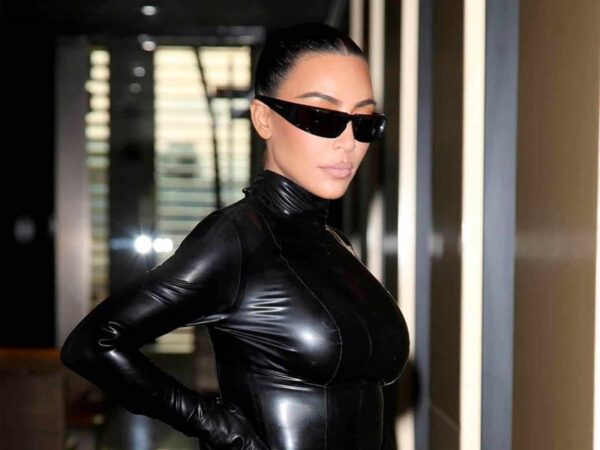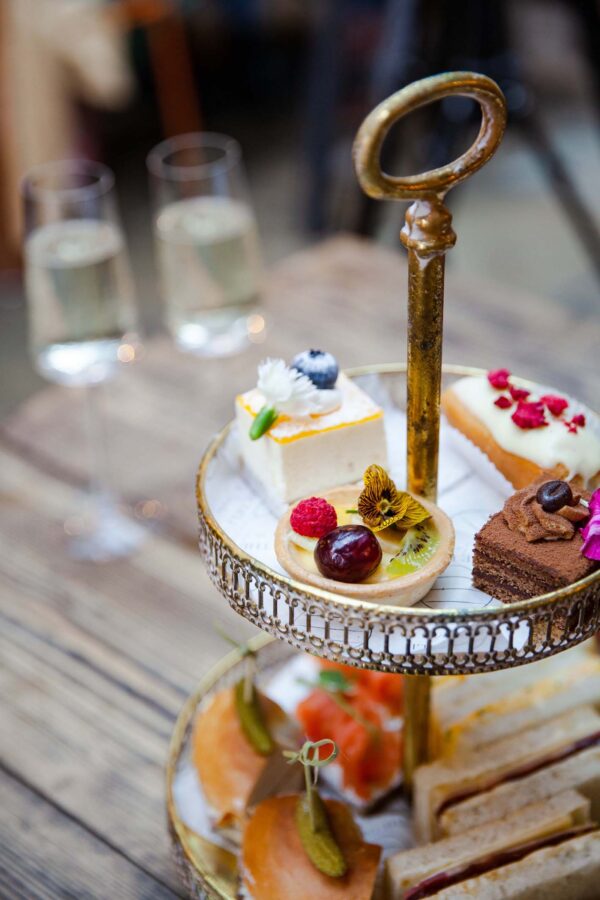
These are the 25 Most Irritating Words and Phrases According to Brits

Do you know anyone who says “holibobs” instead of holiday, or refers to their other half as “BAE”?
Well according to new research, as many as eight in ten (80 percent) Brits insist there are certain words and phrases that they find hugely irritating.
And according to the survey, “amazeballs” is the single most annoying word in modern culture.
One in three (34 percent) of the 2,000 Brits surveyed said that the term, which according to the Oxford Dictionary, is an informal adjective, to describe something “extremely good or impressive”, is the most irritating.
“Holibobs” (29 percent), “awesomeness” (28 percent) and “nom nom nom” (26 percent) also made the top 25 words, as did “totes” (26 percent) and “BAE” (25 percent).
And if you’re trying to woo someone, avoid the terms “hankie-pankie” or “nookie” as they are all highly likely to put a potential partner off.
A third hate hearing the abbreviated term for laughing out loud “LOLZ”, while a further 27 percent don’t think there is much banter to be had with the word “Bants”, which means to share playful remarks with another person or group.
Other modern terms that leave the nation wincing according to research agency, Perspectus Global include “sorry, not sorry”, “happy Fri-yay”, “drinkies” and “fur baby”.
One in four (25 percent) have sighed in disappointment when they have seen or heard someone using a cringeworthy word.
A fifth admit that their opinion of the person goes down, with a further tenth (13 percent) going out of their way to avoid the person who used the annoying phrase entirely.
Seven percent immediately unfollowed the culprit on social media.
Neuroscientist Dr Rachel Taylor comments: “If someone uses a word that we find embarrassing, as humans, we instinctively want to distance ourselves from them – hence the cringe, which can be seen as physically making ourselves smaller.
“Our primitive brain cannot distinguish between a physical threat (a nearby predator) or a psychological threat, and any awkward behaviour from others can trigger a threat response.
“Obviously the words that we find embarrassing are not objective, they are culturally specific. Our reactions are learned and have been created by our experiences from birth until now. Our judgement is environmental, yet the response is caused by an interaction with current status and learned behaviour. The brain combines it all and proposes a precision of what the word means, and then we experience an emotion.
“So a word may have connections with all sorts of emotional relevance or it may be a shared hatred of it. I hate ‘moist’, as do most people – it feeds the disgust emotion. While ‘amazeballs’, the most cringeworthy word according to the poll, is likely to tap into the embarrassment emotion, because it’s seen as silly, old fashioned and uncool.”
Hariet Scott from Perspectus Global added: “It’s fascinating to see which words and phrases leave us embarrassed and annoyed. With more than 650 words added to the Oxford English Dictionary last year, it is clear that the English language is constantly evolving and changing. So much so, that you can never tell when certain expressions will be popular, and when they will fall out of favour.”
WORDS AND PHRASES THAT ANNOY BRITS MOST
- Amazeballs – 34%
- Holibobs – 29%
- Awesomeness 28%
- LOLZ – 27%
- Bants – 27%
- Nom nom nom – 26%
- Totes – 26%
- BAE – 25%
- Din dins – 25%
- Chrimbo – 23%
- Hankie-pankie – 23%
- Wifey – 23%
- Sorry, not sorry – 22%
- Nookie – 21%
- Happy Friyay – 21%
- Drinkies – 20%
- No problemo – 20%
- Fur baby – 19%
- Coolio – 19%
- Methinks – 19%
- Hot girl summer – 18%
- No offence, but – 18%
- Bossing it – 17%
- Wine-o-clock – 17%
- My bad – 15%














































